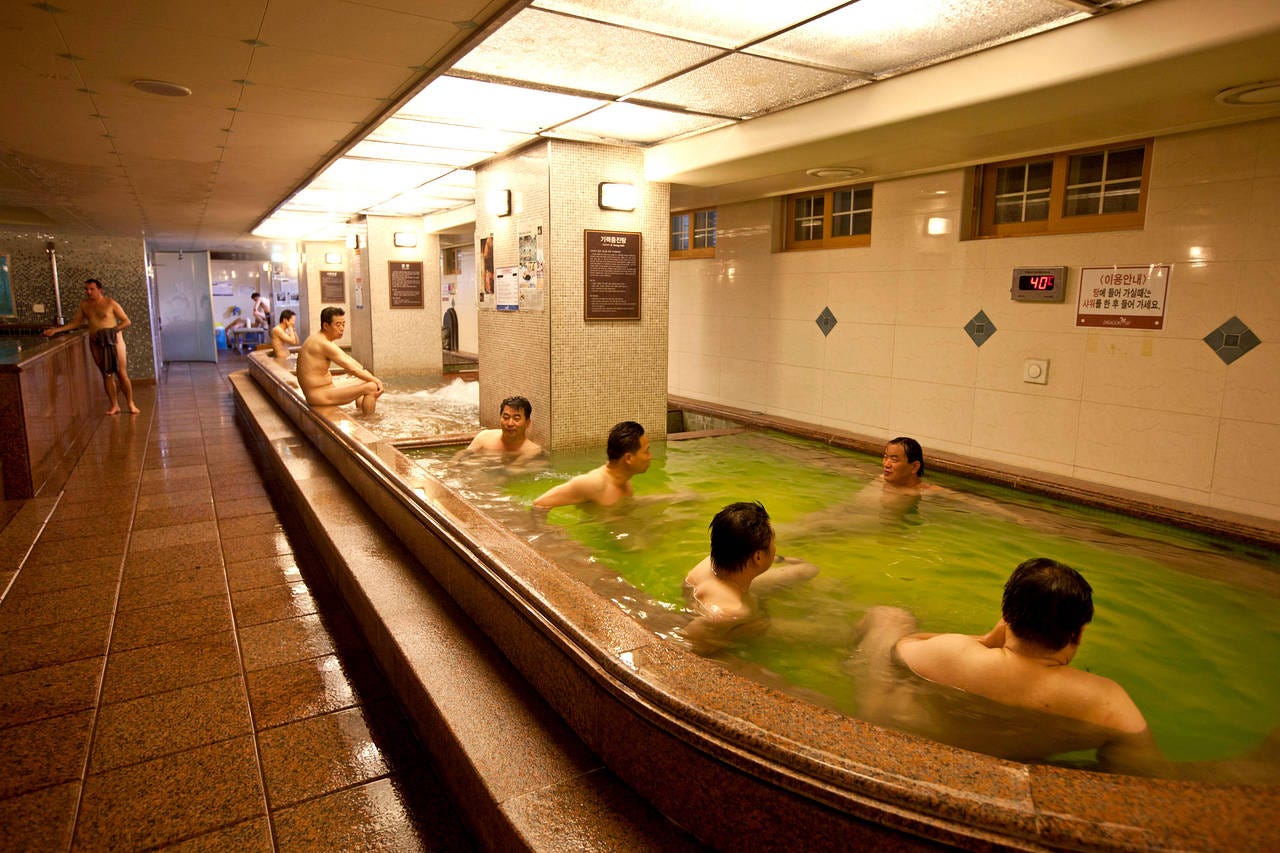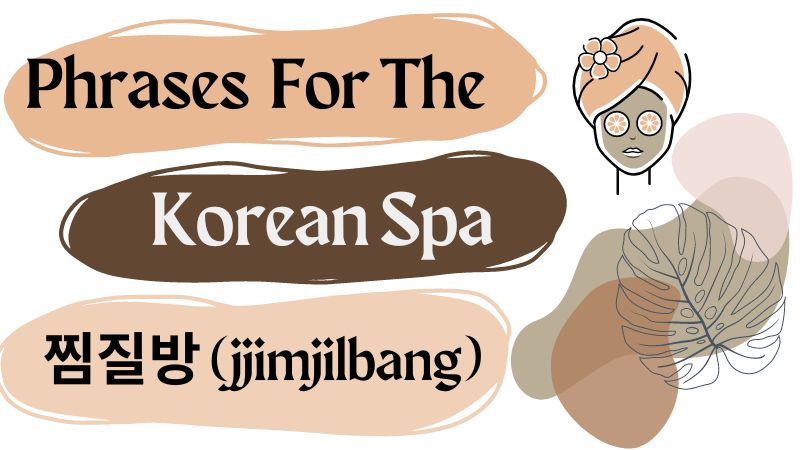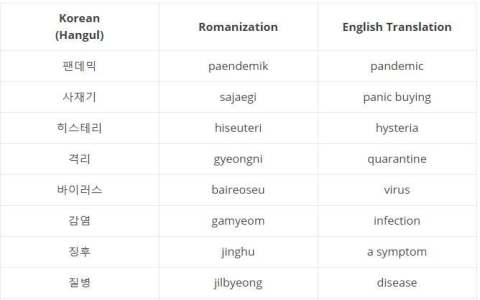So, I was on this mission the other day, trying to figure out a simple English way to say “汗蒸” (hànzhēng). You know, like an abbreviation or a common short name. It started because I wanted to tell my American friend about my weekend plans. Seemed simple enough at first, but boy, it sent me down a bit of a rabbit hole.
My Hunt for the Magic Word
First thing, I hit up the internet. Typed in stuff like “hanzheng English short form” or “sweat steam common name English.” What I got back mostly was just… “sweat steaming.” Which, okay, describes it, but it’s not exactly catchy or short, is it? I was looking for something punchier.
Then I saw “Korean spa.” Now, I know a lot of 汗蒸 places have that Korean vibe, and I’ve heard folks say “K-spa.” But the places I often go to aren’t strictly “Korean.” They’re just good old Chinese-style sweat houses, sometimes with different rooms for different minerals or temperatures. So, “Korean spa” felt a bit too specific and not always accurate for what I meant.
Someone in a forum thread mentioned “sauna.” Nope, definitely not. Saunas are that Finnish dry heat thing, you sit on wooden benches, maybe throw water on rocks. Totally different atmosphere and experience from the humid, often stone-lined rooms of a 汗蒸.

Then “steam room.” Getting warmer, literally! But still, a typical gym steam room is usually just one small, super steamy space. It doesn’t quite capture the whole multi-room experience, the heated floors you can lie on, the communal resting areas you find in a proper 汗蒸 place.
A Bit of a Head-Scratcher, Really
Honestly, it was a bit of a letdown. Here’s this thing so many of us do regularly, it’s such a part of unwinding for us, and there’s no easy, go-to English word that just clicks. It’s like trying to explain what “接地气” (jiēdìqì) really means to someone who doesn’t know Chinese culture. You can say “down-to-earth,” but it doesn’t capture all the layers and the feeling, you know?
This whole search reminded me of a time I was trying to explain “上火” (shànghuǒ) to an English-speaking doctor once when I wasn’t feeling well abroad. “Internal heat”? “Inflammation”? He just looked puzzled. I ended up just describing symptoms. Some concepts and experiences just don’t have a neat, one-word translation. It’s just the way it is, I guess.
I even asked a few local friends who speak English pretty well. One of them just chuckled and said, “Good luck with that! I usually just say ‘Chinese sauna’ and hope they get the idea, or I describe it.” Not exactly an official abbreviation or anything.

So, What’s the Verdict from My Little Investigation?
After all that digging and thinking, I’ve kind of concluded there isn’t one perfect, snappy English abbreviation for 汗蒸 that everyone knows and uses. There’s no simple, universally understood term like “cafe” for a coffee shop or “gym” for “gymnasium.” It’s a bit more nuanced than that.
Here’s what I’ve settled on in my own practice, how I talk about it now:
- If I need to be super quick and the context kind of fits (like it’s a very modern, Korean-style place), I might say “it’s like a Korean spa.”
- More often, I just use the descriptive phrase: “I’m going for some sweat steaming.” It’s clear, even if it’s a couple of words.
- Or, like I ended up telling my American friend, “I’m going to a place to relax and sweat a lot in different heated rooms, it’s really chill.” He got the general idea pretty quickly.
- Sometimes, if they’re familiar with saunas, I might say, “It’s kind of like a sauna complex, but with different types of heated rooms and often more humid.”
So yeah, no magic abbreviation was uncovered in my great 汗蒸 English quest. It’s one of those things where you just gotta describe it or use the closest approximation you can. A bit more effort, sure, but what can you do? Maybe it’s an opportunity to share a bit more about what it actually is. Or perhaps, one day, “hanzheng” itself will become a loanword in English, like “feng shui” or “dim sum.” A blogger can dream, right?
